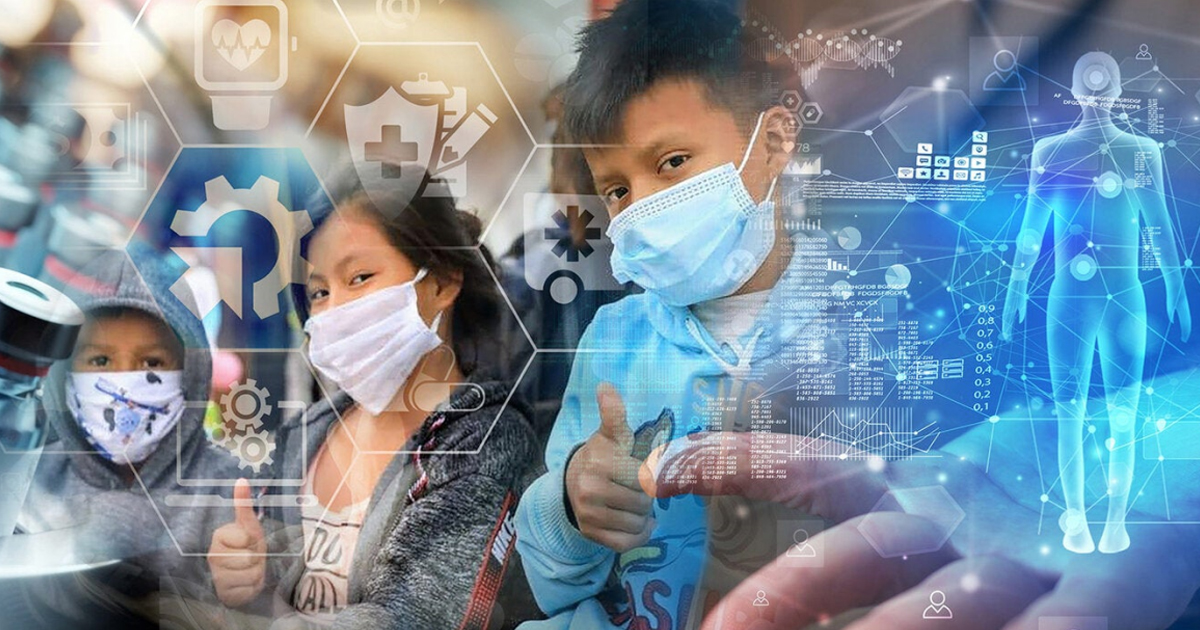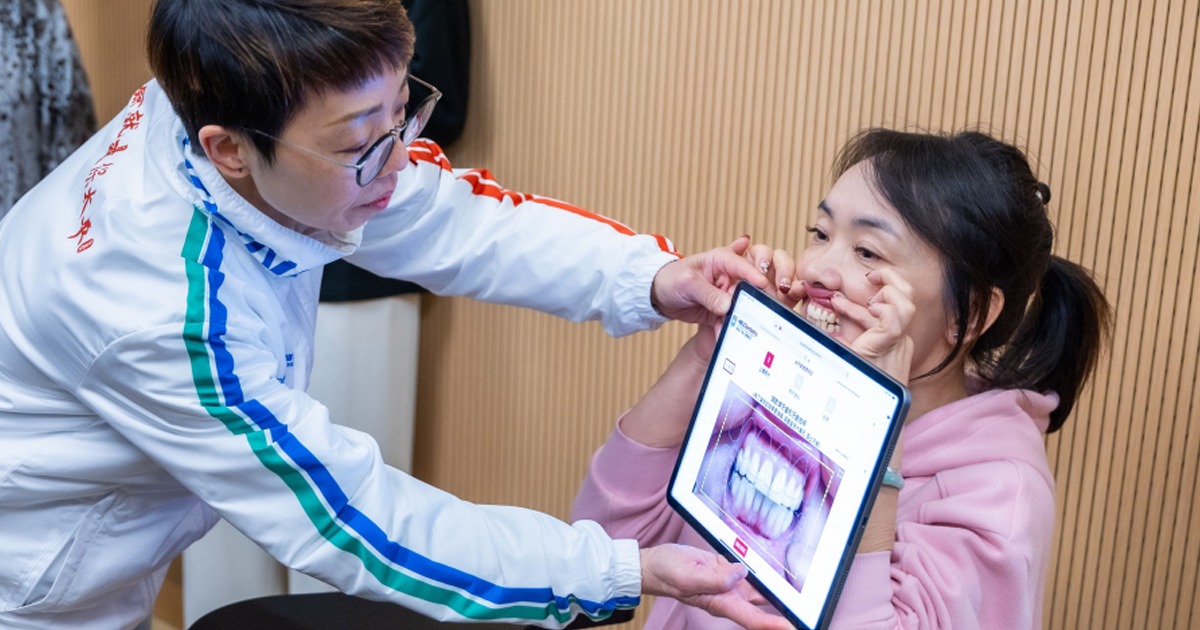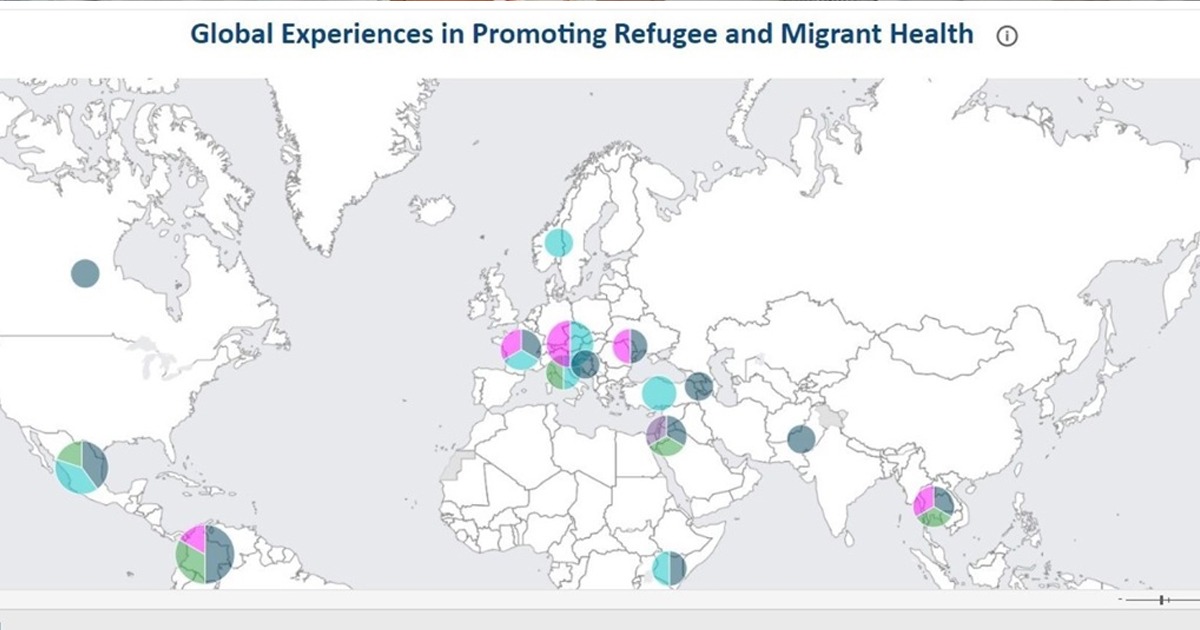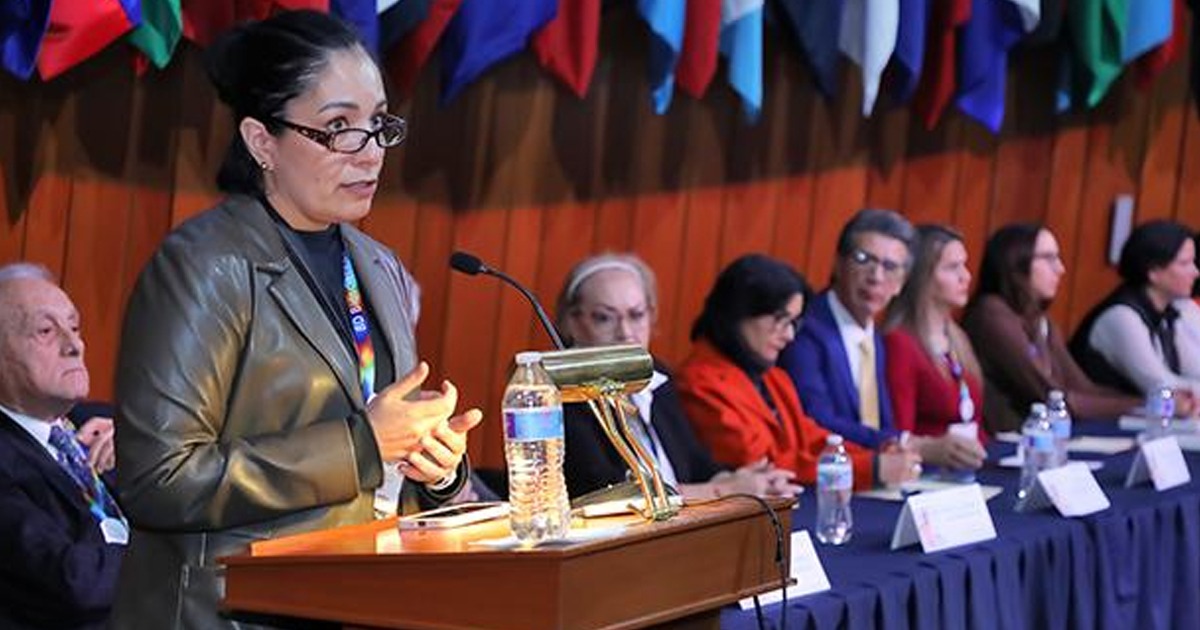Researchers from the University of Florida (UF Health) College of Medicine and College of Public Health will develop an algorithm based on machine learning to identify new variants of COVID-19.
UF Health received a $3.7 million research grant from the National Institutes of Health (NIH) for the development of an Artificial Intelligence (AI) model capable of predicting new waves of coronavirus from the identification of new variants in a timely manner.
Financial support will be led by Dr. Marco Salemi and Dr. Mattia Prosperi of UF Health. Salemi explained that the coronavirus is a moving target and that "we have always been one step behind." However, he added that it is common that when the epidemic seems to be under control another more virulent variant arises, however, he mentioned that this does not mean that the disease is more serious, only more transmissible.
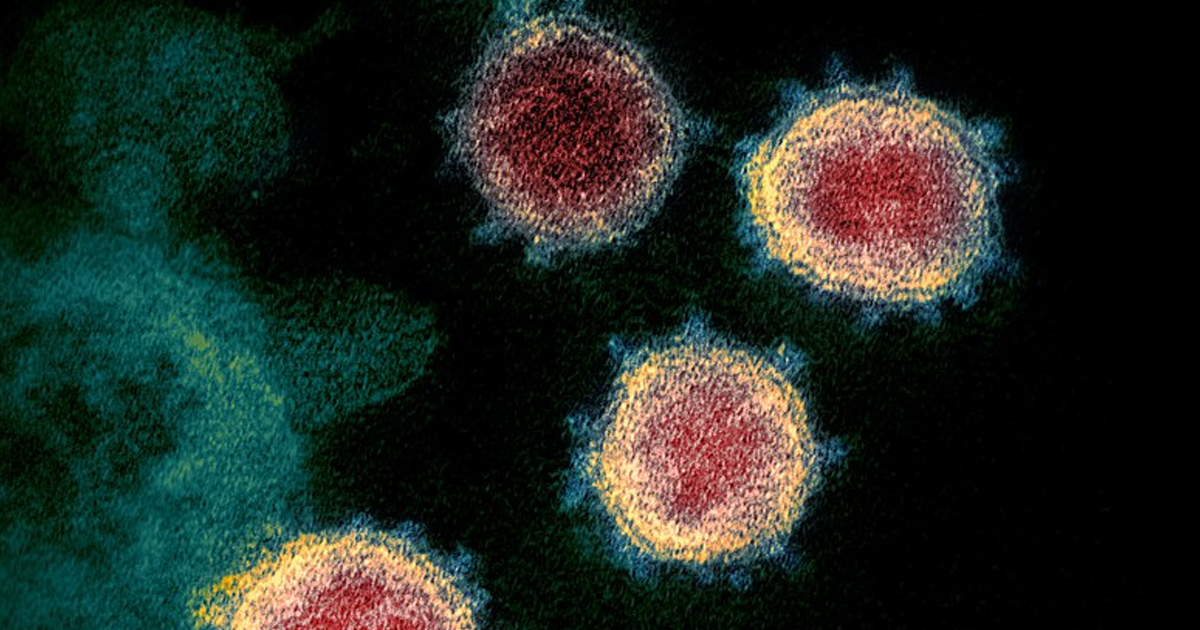
The project led by these two researchers aims to use AI and machine learning to model an algorithm capable of detecting new coronavirus variants that are of concern to public health. "AI can help us detect these genetic abnormalities faster before they threaten public health," said Simone Marini, assistant professor of epidemiology at UF, who will participate in the project as supervisor of algorithm development.
But AI can help us detect these genetic abnormalities faster before they threaten public health,” explained Simone Marini, assistant professor of epidemiology at UF, who will participate in the project as supervisor of algorithm development. That is, they will look for characteristics that make a new variant a public health problem.
Salemi mentioned that, in the event of finding a new variant, thanks to the algorithm, it would be possible to know immediately if it could be contagious and generate a new wave of infections. "We would finally have a head start on the virus and be able to take preventive measures quickly," he explained.
The AI will be trained to detect variants that affect human health, as well as other variants that are not a threat since they exist due to evolutionary processes that occurred naturally.
In this way, it will be possible to test hypotheses related to long-term COVID, the relationship of HIV with the delta or omicron variant, among others.
